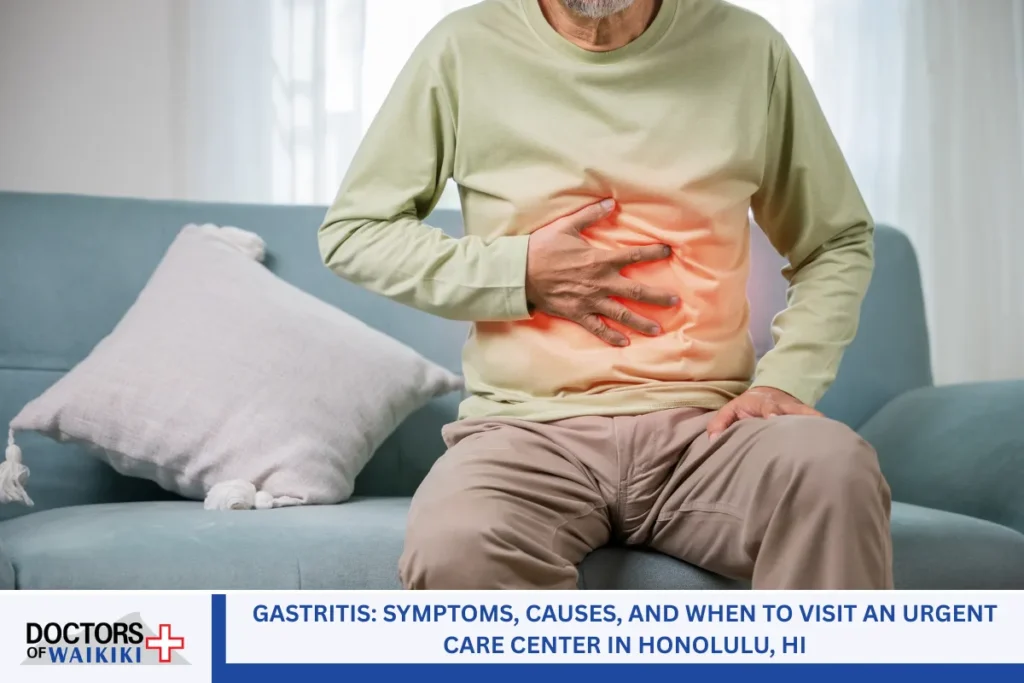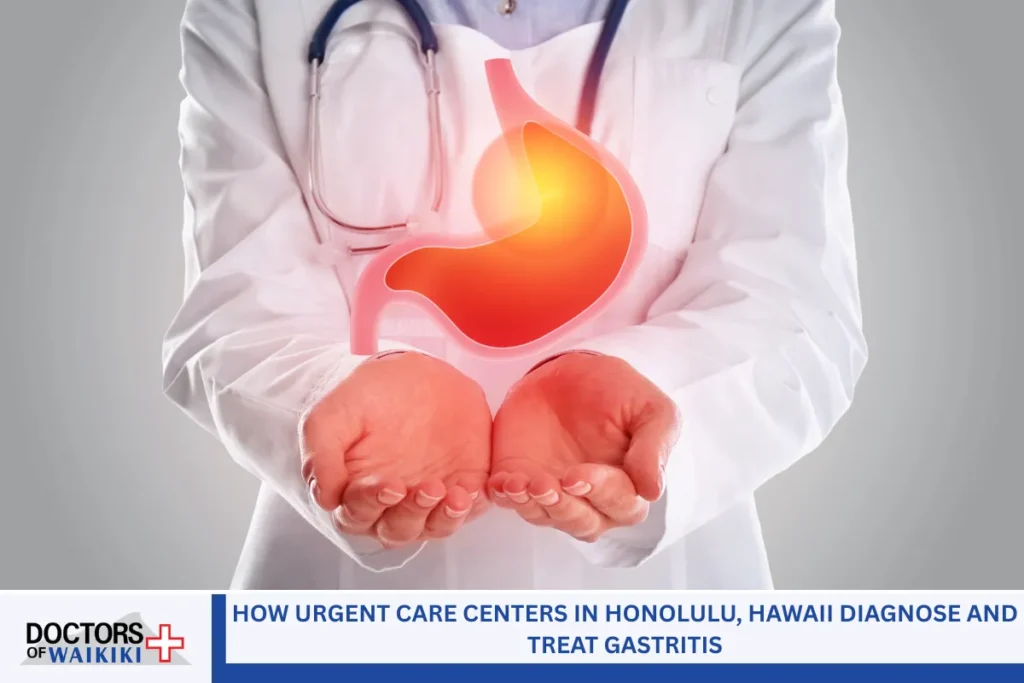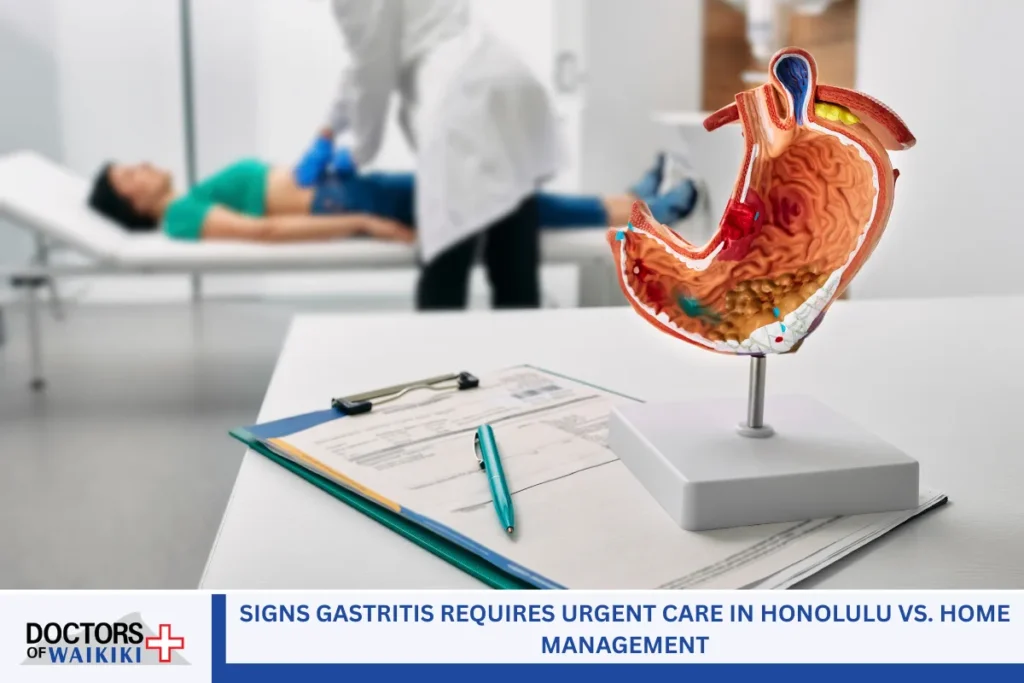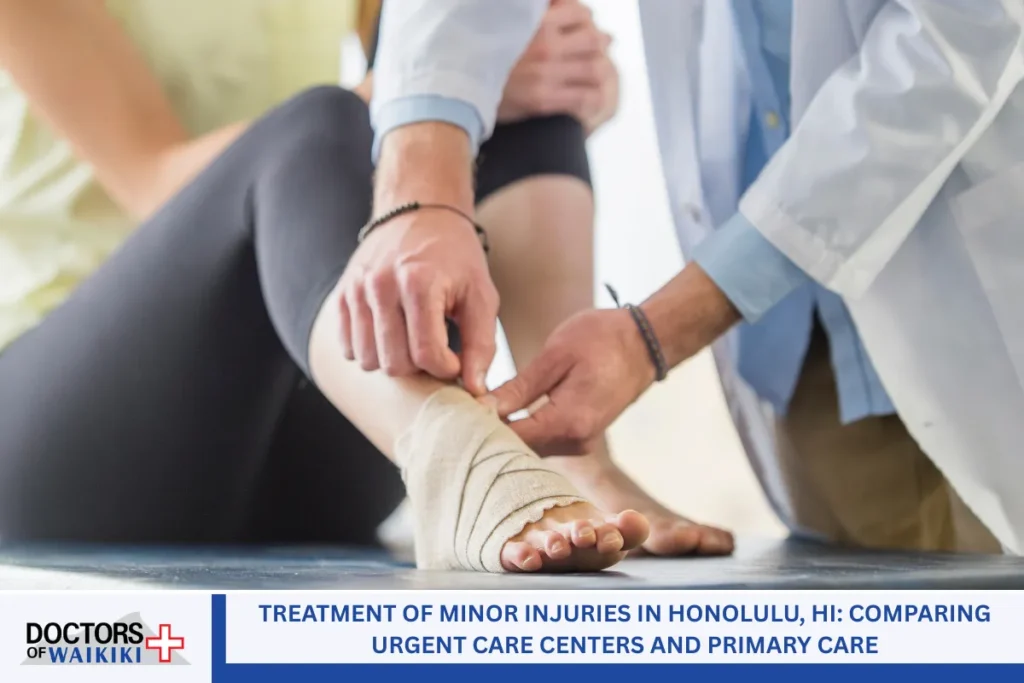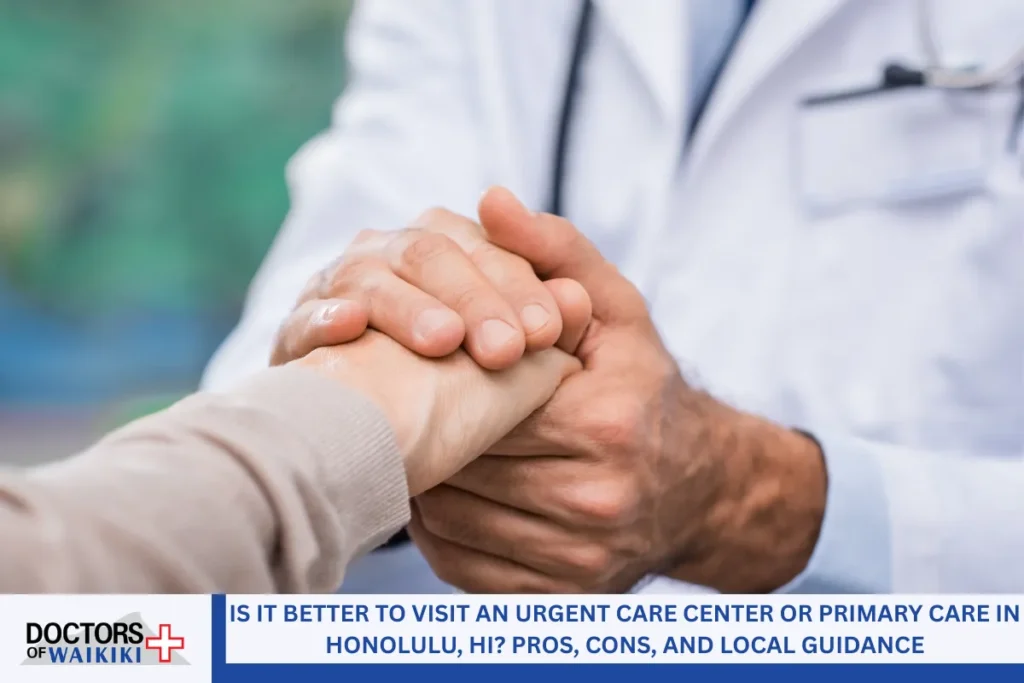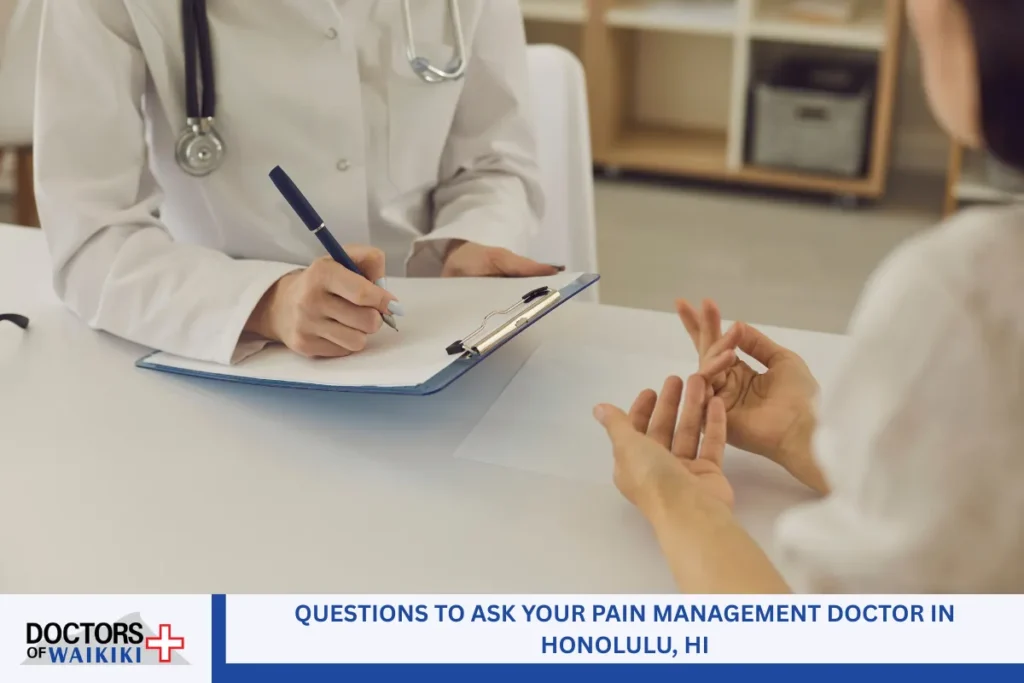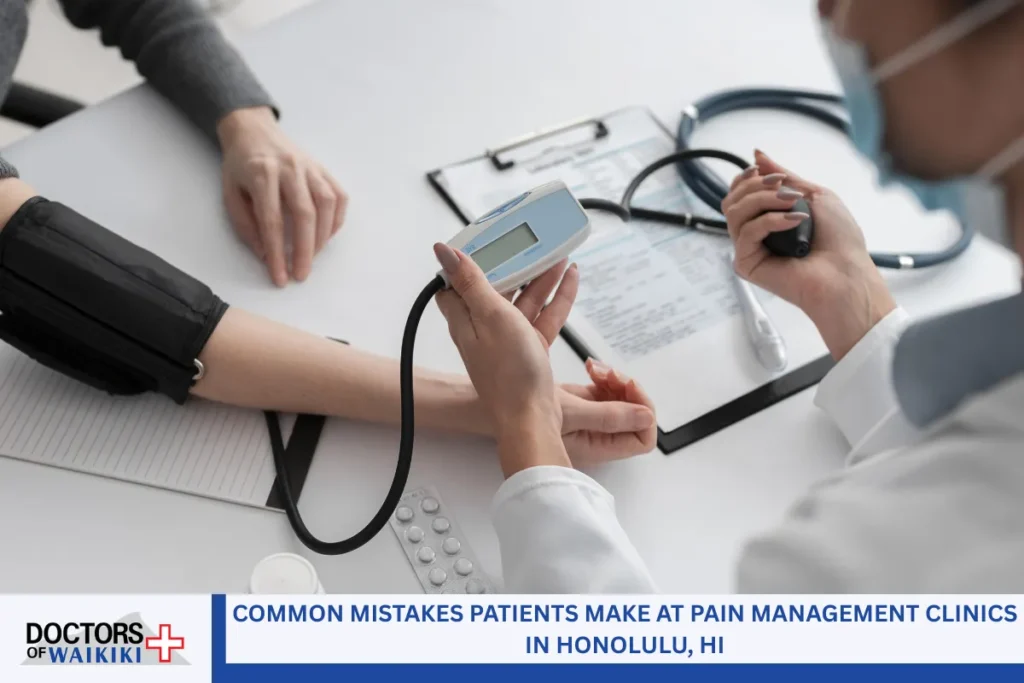Also called a myocardial infarction, a heart attack occurs when the arteries that feed the heart are blocked or clogged up, cutting off blood flow. Changes in blood pressure can be a symptom of myocardial infarction, but chronic high blood pressure can increase your risk for it.
At Doctors of Waikiki, we want you to understand heart attack symptoms, causes, and prevention. If you believe you may be having a myocardial infarction, you must seek immediate medical attention, preferably by calling 911. Regular examinations in our clinic can help you identify warning signs. We can recommend treatments that can help with prevention.
WHAT IS THE RELATIONSHIP BETWEEN BLOOD PRESSURE AND HEART ATTACK?
During a myocardial infarction, you may experience unpredictable changes in blood pressure. The stress of the situation may cause the sympathetic nervous system to produce a spike of adrenaline, causing your blood pressure to rise. However, it is also common to experience a drop in blood pressure during a heart attack, either because of a vasovagal response to the pain or because the damaged heart tissue does not pump enough blood. Even during myocardial infarction, some people experience no change in blood pressure. Therefore, it is not a reliable symptom for diagnosis.
However, if your blood pressure is chronically high, it can put you at risk for myocardial infarction by damaging blood vessels and promoting the buildup of cholesterol and other fatty substances inside them, either of which may impede blood flow to the heart. At Doctors of Waikiki, we can test your blood pressure and perform laboratory testing to measure your cholesterol level. Based on the results, we can prescribe medications to bring both back to normal.
WHAT ARE THE WARNING SIGNS OF A HEART ATTACK?
Heart attacks do not always occur with sudden intensity. Most of the time, heart attack symptoms are more subtle at first, gradually becoming more severe. That’s why it is so important to pay close attention to the signs of a heart attack and seek immediate medical attention if you experience any.
CHEST PAIN
One of the most common heart attack symptoms is a pain in the chest, also referred to as angina. It occurs in the center of the chest under the breastbone. Some people describe it as fullness, a squeezing sensation, or pressure as if something heavy were sitting on your chest. While there are other possible causes of chest pain, it is suspicious for myocardial infarction if it lasts more than a few minutes or goes through a cycle of going away and returning.
SHORTNESS OF BREATH
Another common symptom of myocardial infarction is an inability to catch your breath. This occurs because the heart is not pumping enough blood to the lungs. Shortness of breath can occur in the absence of chest pain during heart attacks.
UPPER BODY DISCOMFORT
A myocardial infarction can cause pain or discomfort in other areas of the upper body. Patients have reported pain in the arms, back, jaw, or neck during a heart attack. While these may occur on either side, it frequently occurs on the left.
OTHER SIGNS
Patients experiencing myocardial infarction also commonly report symptoms of lightheadedness, nausea, and excessive sweating.
WHAT CAN YOU DO TO PREVENT A HEART ATTACK?
There are many lifestyle changes you can make to lower your risk of myocardial infarction:
-
Exercise regularly
-
Eat heart-healthy foods
-
Manage stress
-
Avoid tobacco
-
Control underlying conditions
When you have an evaluation at Doctors of Waikiki, we can assess your condition and make specific recommendations to help you improve your cardiovascular health. For example, obesity can increase your risk, and we can help you make a plan to maintain a healthy weight.
While it is preferable to prevent yourself from having a myocardial infarction in the first place, there are also ways that we can help you avoid subsequent heart attacks after the first one. For example, we can prescribe medication to help improve the function of your damaged heart.
We stress that if you are experiencing heart attack symptoms, you should call 911 immediately. Otherwise, you can visit our clinic 7 days a week between 8AM and 12AM or contact us with any concerns about your cardiovascular health.


